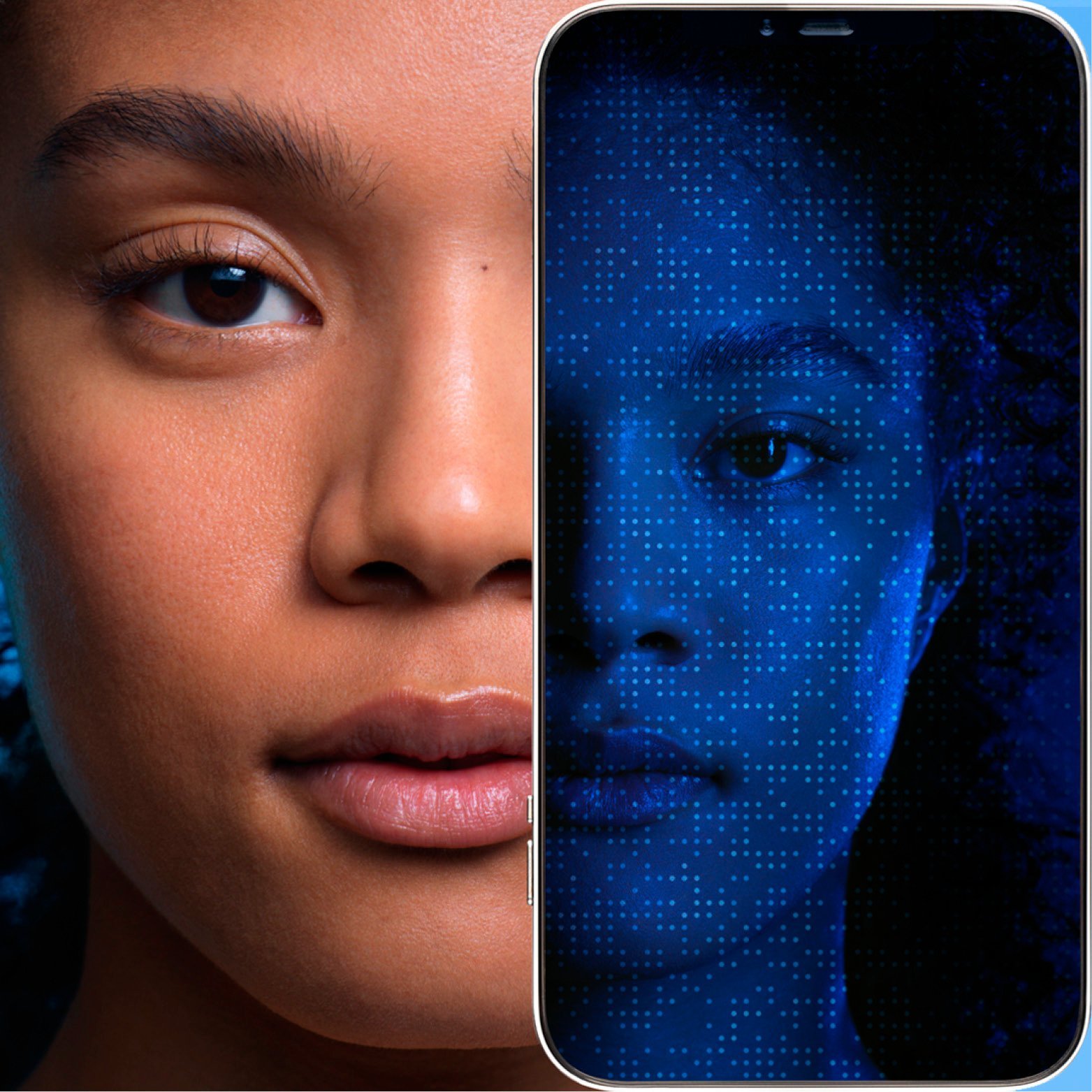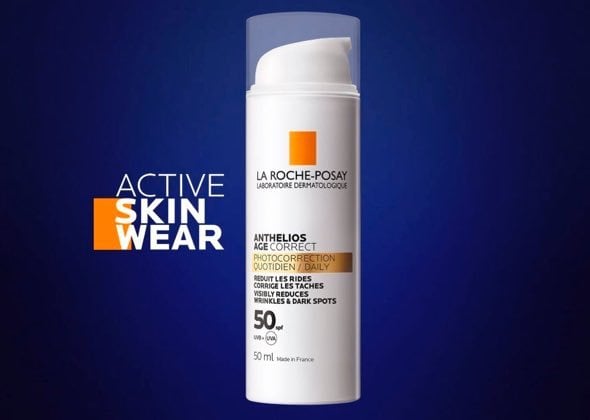5 SMART BATHING TIPS TO HELP RELIEVE YOUR CHILD’S ATOPIC ECZEMA
Follow these steps at bathtime to reduce eczema triggers
A few simple steps can help to relieve the misery of skin rashes that itch and transform bathtime into a time of bonding, play and fun!
1. Make sure the bath is the ideal temperature
Water that is too hot can be drying and cause skin rashes that itch. Water that is too cold will only end in tears. The ‘Goldilocks’ bath temperature is between 32-34 degrees, ideal for maintaining cutaneous balance.
2. Soften the water
The harder your water, the greater the risk of triggering a new eczema flare-up. Try to limit time spent in the bath to around 15 minutes. If necessary, add several drops of softening oil to the water. Looking for a recommendation? Try LIPIKAR Huile Lavante AP+.
3. Choose suitable cleansers
Soap is the enemy of atopic skin. This is because its high pH irritates the epidermis. Consequently, it damages the hydrolipidic film that protects the skin against external stresses. Avoid products that contain soap and instead choose cleansing products specially formulated for eczema-prone skin such as LIPIKAR Syndet AP+.
4. Gently wash, gently dry
Washcloths and flannels can irritate the skin, and they may also harbour germs and other irritants. Use your fingertips to gently work the cleanser into a lather on your little one’s skin before rinsing thoroughly. Pat your child dry with a clean, soft towel. Avoid rubbing and take care not to leave any wet areas of skin.
5. Apply an atopic eczema cream
After bathing and drying, lightly massage in a lipid-replenishing skin cream. Pay special attention to irritated areas of atopic eczema on face, hands, elbows, and the backs of the knees. Applying a specialised eczema toddler treatment will alleviate itching due to eczema on the face, hands or body and help your little one to sleep through the night.
EXPERT BATHTIME PRODUCTS
FOR INFANTS AND CHILDREN WITH ATOPIC SKIN
La Roche-Posay Laboratory has formulated a range of gentle products perfectly suited for eczema-prone skin.
- LIPIKAR Syndet AP+ is a gentle, soap-free cleanser that soothes atopic-prone skin, preserves the cutaneous barrier and helps reduce severe dryness.
- LIPIKAR Huile Lavante AP+ is a hypoallergenic, lipid-replenishing cleansing oil that helps to rebalance the microbiome and protect skin against the drying effects of hard water.
- LIPKAR Baume AP+ is a lipid-replenishing balm that contains Aqua Posae Filiformis, a patented active ingredient that acts on both the microbiome and the cutaneous barrier. Its dual action immediately alleviates itching, and also decreases the frequency of atopic eczema flare-ups and bouts of severe dryness, resulting in longer-lasting skin relief.
Does your child’s eczema itch at night? Click HERE for a guide to eczema care at bedtime.
Worried about how your kids will manage their eczema during the long school day? Click HERE for a quick expert guide.








